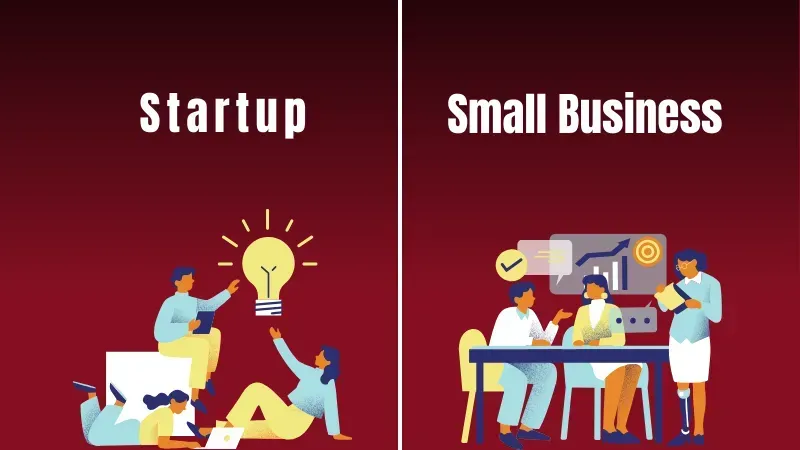Entrepreneur
Steps To Evaluating Your Business Idea

There's no dispute that America and other industrialized countries are small-business-friendly right now. In a year where elections around the globe will play a critical role in how economies continue to recover, there is at least one subject that most people concur on and that's small businesses. Politicians believe that small business is the secret to economic development and countries like the United States are enacting legislation to make it simpler for small businesses to flourish.
Robert Litan, economist from the Kauffman Foundation, the largest foundation in the world dedicated to the development of small businesses, estimates that in order to contribute one percentage point to the United States' gross domestic product, or GDP, it would take 30 to 60 "home run" $1 billion companies.
Your IdeaIs
Your business notion a home run concept? Being a successful small business proprietor doesn't require your company to be a $1 billion company, but entrepreneurs like to imagine large. National Federation of Independent Business Education Foundation (NFIB) estimates that only 40% of all small enterprises are profitable and another 30% merely break even. These statistics prove that even with all of the incentives, it's difficult to transform your business in to one of those home run enterprises. Experts concur that you can increase your prospects of success with meticulous preparation.
Identify the Need

What is the mission of your business? What is the need in the marketplace that you're filling and is it something that will appeal to a significant portion of the population? Have you ever received a survey from a company asking you what you think of a product and if you would be likely to purchase the product and for how much?
This is the first stage in market analysis. Don't just conduct an Internet survey. Go to a mall or other place where there are a number of people and ask them to evaluate your idea.
Differentiation
How is your business different than others in the marketplace? If you have competitors, what will motivate somebody come to your business instead of your competitor? Successful businesses have a USP or unique selling factor that is used as the cornerstone of the business. The more you merge in the more you directly vie with others.
Market Analysis
Specifically, how large is your market? Does it include both males and females and individuals of all ethnicities and religions? How quickly is the market growing or contracting?
If you design a product or service that only appeals to a small niche market, it will be difficult to acquire enough market share to sustain a profitable business. It will also require a significant quantity of advertising funds to locate the individuals that comprise the niche market.
Market Share
Based on your market analysis, how much of a market share do your competitors currently hold? What is left over for you or what is your strategy for extracting share from them? Your business may have broad market appeal, but if the market is already saturated, the battle to acquire customers may be too expensive.
Startups attempting to manufacture new automobiles have found it exceedingly challenging to capture market share from existing car companies. Evaluate whether that's a battle worth waging and if you have the funds to combat it.
Cost Analysis

How much will it require to establish your business? If you have family obligations, you'll probably have to compensate yourself, adding additional costs to your budget. How will you get the money? Recently, Washington enacted the JOBS Act, a law that made crowdfunding lawful. This may provide a method for small businesses to acquire funding without the use of banks or venture capital, but even with all of the recent legislation, businesses are finding it difficult to secure funding.
The Bottom Line
As an entrepreneur, your goal is likely centered around being one of those $1 billion or more businesses, but remember that many businesses fail and that's primarily due to poor planning. Before investing a large amount of money in your business concept, construct a plan and make sure that your idea is something that customers would be enthusiastic about purchasing. There are plenty of excellent opportunities available for a small business proprietor who follows a business startup system.





